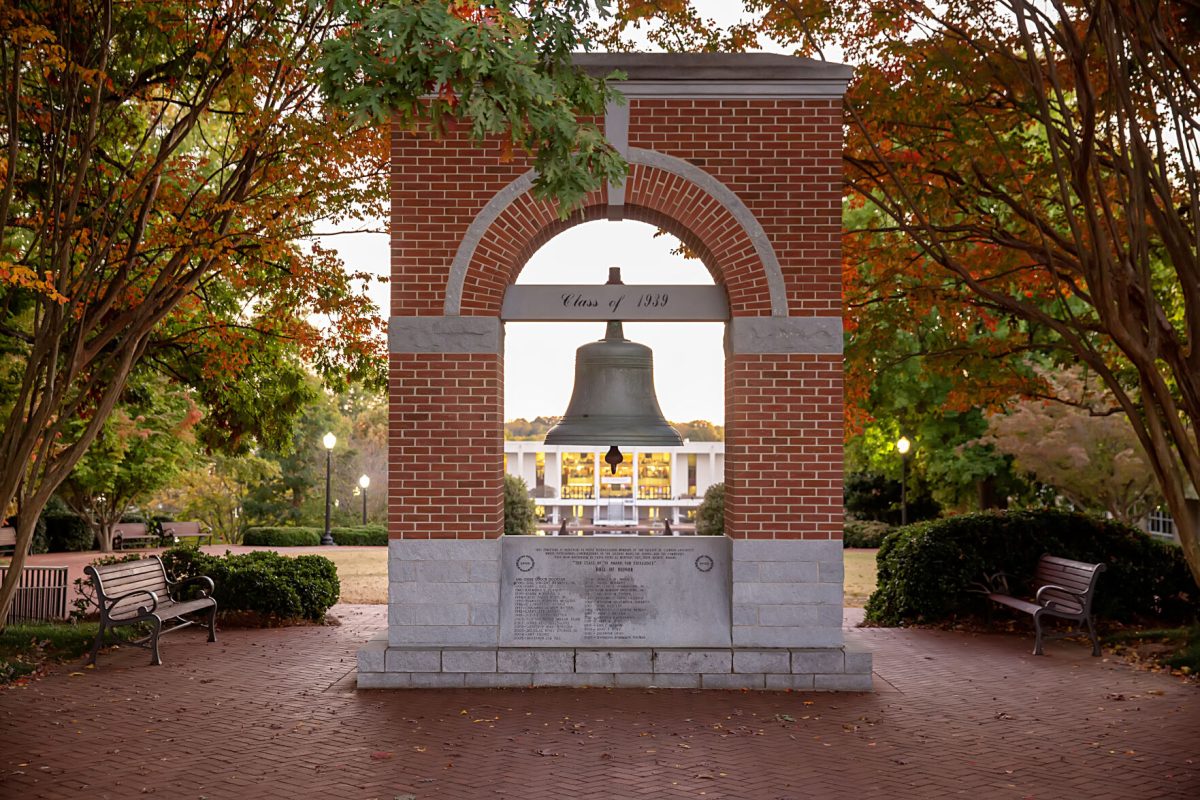When the COVID-19 pandemic hit the world, many universities nationwide, including Clemson University, updated their admissions policy so that standardized testing scores would be optional in their application processes. Four years later, schools are starting to return to the mandatory submission of SAT and ACT scores.
Dartmouth College is one particularly notable example of a school reversing the COVID-19 era policy. With the statement announcing the new change in policy, they also released new research to rationalize the decision. The paper brings a lot of attention to the fact that the test-optional policy does not allow the admissions department to adequately identify applicants from less advantaged schools.
Dartmouth’s research paper came across as focused more on the ease for those in the admissions office rather than the interests of the students. One of the sections of the paper is titled “A test-optional policy is likely a barrier to Dartmouth identifying less-advantaged students who would succeed at Dartmouth.” I find this statement to be somewhat concerning due to the keyword “likely.” Nothing in this section of the paper really implies that it would be any harder to identify these students other than the admissions office not reaching out to said underprivileged high schools.
It is no secret that standardized testing consistently favors students who come from better economic backgrounds. Being able to throw hundreds of dollars into test preparation is something that many people are unable to afford on top of their other financial responsibilities. This cost has been at the forefront of the public’s mind since 2019, when the college admissions scandal came to light with Operation Varsity Blues.
I feel standardized testing is a system beyond fixing. The problems run too deep in both economic challenges and the admission process to be repealed.
A change in the purpose of standardized testing would be more beneficial. The scores received would be far more beneficial to students if they were only considered on the student’s side. They would allow for any given university to collect scores after the admission process. These scores could then be averaged and provide the university with a range of their students’ scores. High school students could then compare the scores they received to the university average to see which schools hit the range that they could succeed in.
Ditching the SAT and ACT would allow underprivileged students to be considered at an even level with their more economically privileged counterparts. Though this is clearly not a solution that fixes all issues in the admissions process, it could improve the playing field so that the disparities in higher education are less evident.
Natalie Peck is a junior communication major from Myrtle Beach, South Carolina. Natalie can be reached through her email [email protected].
















